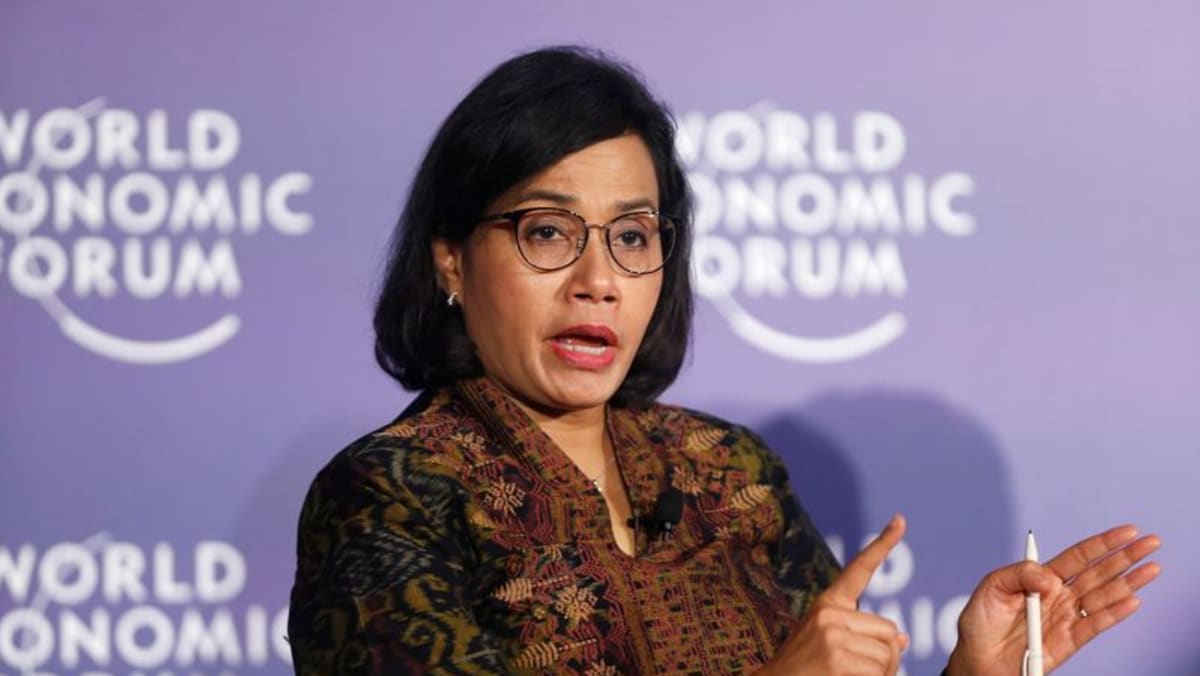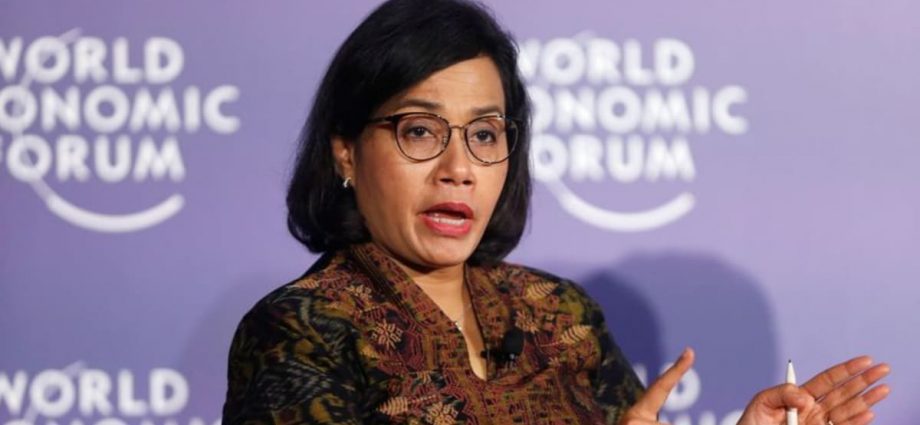
Many of the complaints about Megawati boiled down to issues with presentation and communication – living under the shadow of her father and the country’s first president Sukarno didn’t help.
While no one would accuse Sri Mulyani of speaking too informally, the perception of women’s leadership is deeply rooted and difficult to combat. That’s hardly unique to Indonesia, as media coverage of Julia Gillard’s tenure demonstrated in Australia.
Still, under Jokowi’s leadership, the current Indonesian Cabinet boasts few but extraordinarily powerful and respected women. Sharing the limelight and the accolades with her colleague Foreign Minister Retno Marsudi, the pair were elevated more so than usual during last year’s hosting of the G20 given the geopolitical dramas and global financial concerns that acted as the backdrop to the summit.
This begs the question: When will Indonesia have another woman president or vice-president? Megawati, who remains a key political player, may yet push her daughter and current speaker Puan Maharani as the PDI-P party’s candidate.
Sri Mulyani doesn’t appear to want it. Indeed, her name has appeared as a potential new governor of Bank Indonesia, the country’s central bank, although her office remains silent on the idea, according to Reuters.
So, if not Sri Mulyani, who? And, more importantly, when? The current longlist of confirmed and potential candidates for president or vice-president (and their powerful backers) speaks to a generational unwillingness to relinquish power and influence. Likewise, the heavy-male skewing only further entrenches a blokey political dominance.
Might the clamour for a change start seemingly by accident?
Erin Cook is a journalist covering Southeast Asia politics and curates the weekly Dari Mulut ke Mulut newsletter. This commentary first appeared on Lowy Institute’s blog, The Interpreter.

